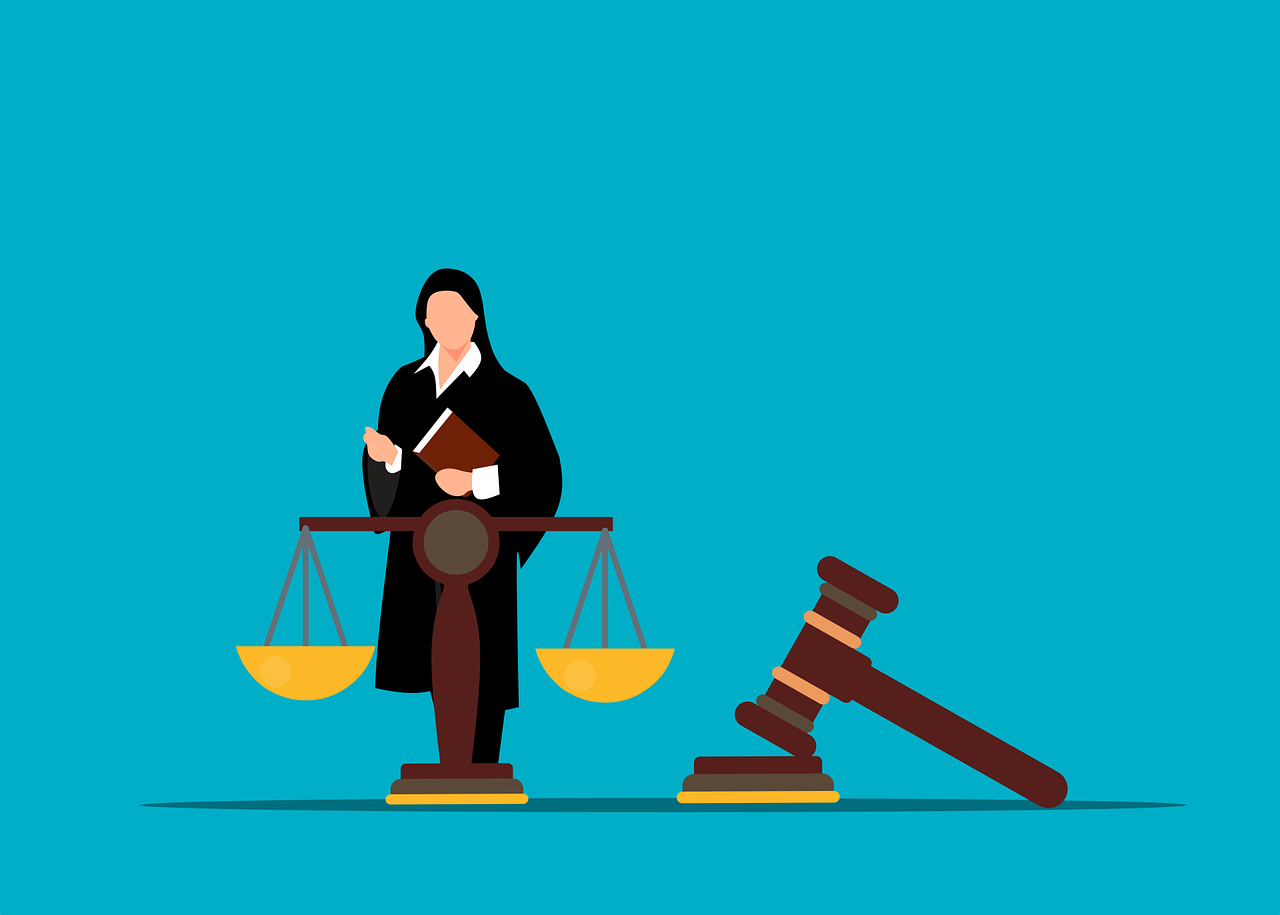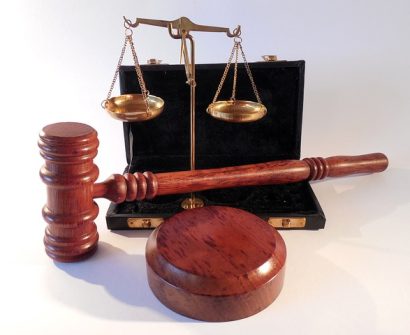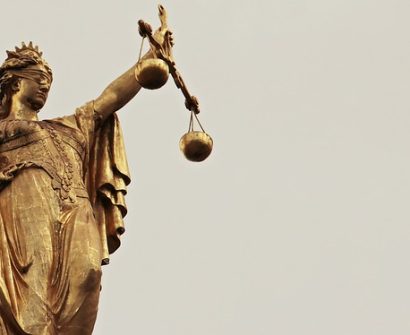
The term “Maintenance” means the support and sustenance. The Maintenance is amount provided by husband to his wife during the period she is unable to support herself either throughout the marriage or after separation and divorce. The support of wives, children, and their dependents is governed by a number of laws, as well as by the Acts. These Acts come under the purview of the Family Courts, which were founded in accordance with the Family Courts Act of 1984. The object of all these provisions is to fulfill a moral duty owes to the society in respect of wife, children and dependent by a man.
Maintenance under various laws:
- Maintenance under Hindu Law;
- Maintenance under Muslim Law;
- Maintenance under Christian law;
- Maintenance under Parsi law;
- Maintenance under Code of Criminal Procedure;
- Maintenance under Protection of woman from Domestic Violence Act, 2005;
Preparing for judicial services ,judiciary coaching is one step away. Jyoti Judiciary provides you comprehensive study material, doubt clearing sessions, legal updates and current legal news with weekly test series and mains answer writing preparation. Hurry up, enroll now!
According to Section 3(b) of the Hindu Adoptions and Maintenance Act, 1956, Maintenance includes:
- In all cases, provision for food, clothing, residence, education and medical attendance and treatment.
- In the case of unmarried daughter, the reasonable expenses of an incident to her marriage.
These provisions ensure that neglected wife and children shall not be left at the mercy of the society. The amendments under various Acts for Maintenance are fully in consistent with Article 15(3) of Indian Constitution which states that the word ‘prohibition’ contained shall not prevent the state from making any special provision for women and children. Furthermore, Article 39 of Directive Principle of State Policy directs its policy that children are given adequate opportunities to develop in healthy manner and in conditions against any form of exploitation.










